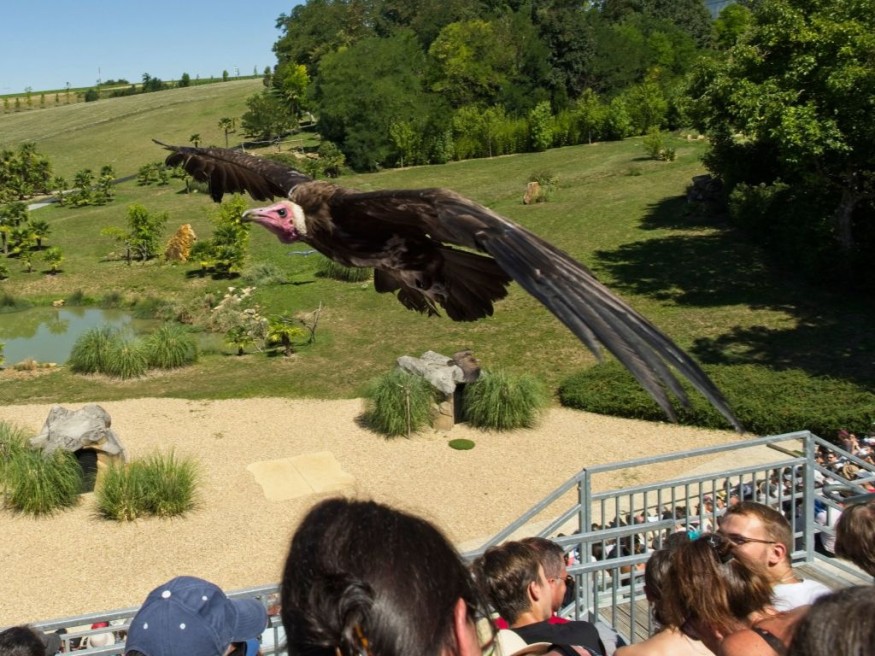
Experts found out that Egyptian vultures improved their flight and migration performance in relation to their early life and acquired experiences.
The study explained that two types of experience affect animals' behavioral proficiencies and, accordingly, their fitness. These include their early-life experience, which is an animal's environment during its early development, and acquired experience or the repeated practice of a specific task.
Researchers explained that how these two experience types and their interactions affect different proficiencies is still an open question.
Migratory Proficiencies
In the study, they looked into the interactions between these two types of experience during migration, which they believed was a critical and challenging period.
They had compared migratory proficiencies between birds with different early-life experiences and explain these differences by testing fine-scale flight mechanisms. They utilized data collected by GPS transmitters during 127 autumn migrations of 65 individuals to study the flight proficiencies of two groups of Egyptian vultures (Neophron percnopterus), which is a long-distance, soaring raptor.
The two groups differed greatly in their early-life experience, one group being captive bred while the other one was a wild hatched.
The study emphasized that both groups improved their migratory performance with acquired experience, exhibiting shorter migration times, longer daily progress, and improved flight skills, specifically more efficient soaring-gliding behavior.
It noted that the observed improvements were mostly apparent for captive-bred vultures, which were the least efficient during their first migration but were able to catch up in their migratory performance already in the second migration.
Researchers have shown how the strong negative effects of early-life experience were offset by acquired experience.
''Our findings uncover how the interaction between early-life and acquired experiences may shape animals' proficiencies and shed new light on the ontogeny of animal migration, suggesting possible effects of sensitive periods of learning on the acquisition of migratory skills,'' scientists said.
Declining Population
The Vulture Conservation Foundation defined the Egyptian Vulture as the world's only tool-using vulture and Europe's smallest and only true long-distance migratory vulture.
The species is considered globally endangered and is the only European vulture which population is declining.
So far, the population of Egyptian Vultures in Europe is in crisis, with a dramatic 50% decline in the last 40 years across its range and 80% decline in the numbers found on the Balkan Peninsula alone.
Around 80% of the population left in Europe are found on the Iberian Peninsula, with the remaining populations across the range isolated and highly fragmented.
Experts said that Europe's migratory vulture is facing pressure not just in Europe but across its entire migration flyway.
It was believed that the loss of habitat, decrease in food supply, collisions with electricity infrastructure and poisoning from the use of agricultural chemicals in both Europe and in sub-Saharan Africa are all threats faced by these small vultures.
The species' annual migration also poses significant risks with over 50% of young birds not surviving during their first travels to their overwintering grounds.
The good news is that many conservation initiatives from groups are currently working to preserve and boost the Egyptian Vulture population in Europe as well as in other regions.
Related Article : Endangered Vultures in Southeastern Europe on the Brink of Extinction Due to Human Activity
© 2025 NatureWorldNews.com All rights reserved. Do not reproduce without permission.





